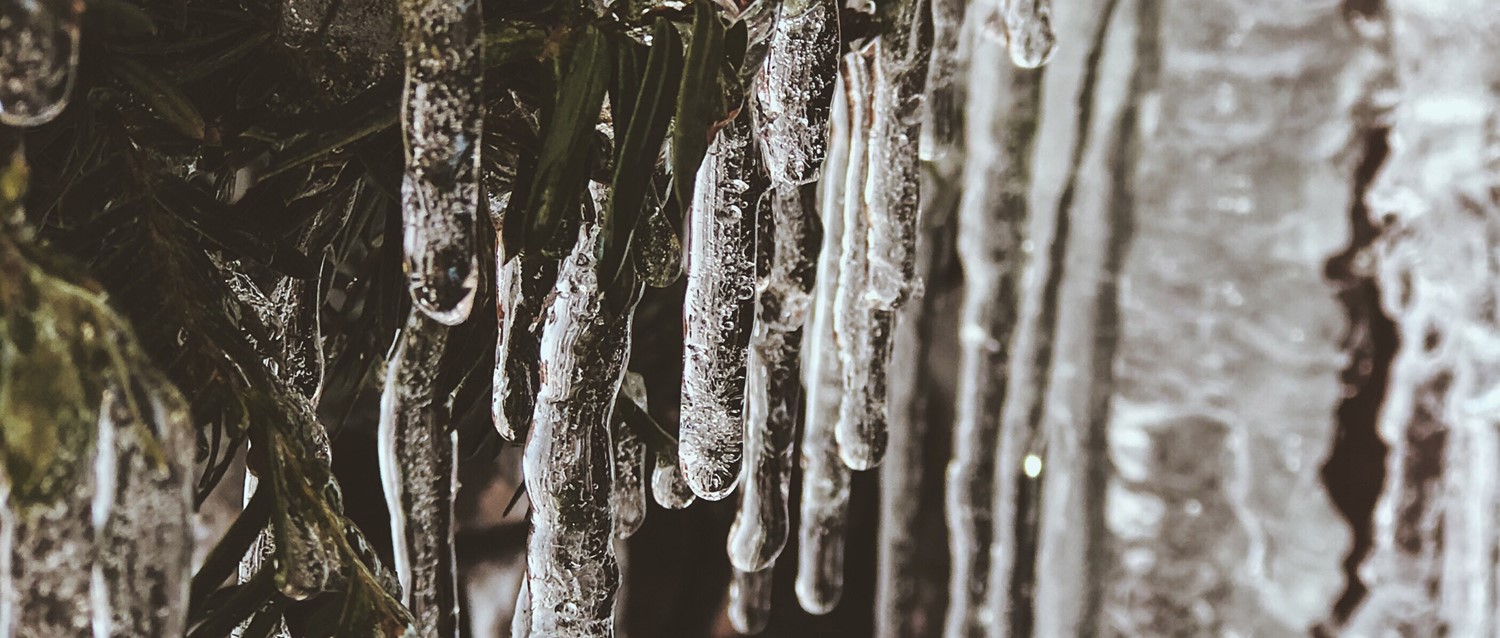
What causes a musty smell in the nose?
Peer reviewed by Dr Krishna Vakharia, MRCGPLast updated by Victoria RawLast updated 19 May 2024
Meets Patient’s editorial guidelines
- DownloadDownload
- Share
- Language
- Discussion
- Audio Version
Do you have a musty smell in your nose that just won't go away? While this can be frustrating, there are explanations. Read on to explore what might be causing it.
In this article:
Video picks for Nose
Changes in your sense of smell and taste are rarely life-threatening, but they can have a significant impact on your quality of life. Smell and taste are closely linked, so many people who lose their sense of smell find that food loses much of its taste as well. You can recognise basic tastes - bitter, sweet, salty, sour and umami - the taste of meaty/savoury substances - without needing smell. However, more complex flavours need both senses to appreciate them fully. In fact, most of the flavour of food is largely due to its smell.
Like taste, smell is a chemical sense. Receptors in your nose turn messages from smells received into electrical signals for the brain to interpret. You can smell food through your nose without tasting it. But when you're eating, the smells also travel to the back of your nose from the back of your mouth.
Continue reading below
Causes of a bad smell in the nose
The source of a bad smell in the nose can vary. There may be several reasons behind it, but let's explore the most usual ones:
Common cold
One of the most typical reasons for a distorted sense of smell is the common cold. The build-up of mucus blocks the delicate chemoreceptors that line the nose, affecting their ability to be stimulated and send those electrical signals.
Hay fever
Hay fever, which can also lead to a build-up of mucus and a blocked - along with a runny, itchy - nose, can have the same effect. However, these conditions are unlikely to lead to abnormal smells - partial or complete loss of sense of smell is more likely.
Sinusitis
A more common reason for a musty smell in the nose is a sinus infection. This can be acute or chronic.
Acute sinusitis is generally associated with:
Pain over the front of your face.
A blocked or runny nose.
Fever.
An unpleasant-tasting drip down the back of your nose into your throat.
Chronic sinusitis - pain that lasts for more than 12 weeks - is less prominent but a runny nose and reduced sense of smell are still common.
Mouth infections
Mouth infections or problems with your teeth can also cause an unpleasant sense of smell.
Nerve Problems
A rarer cause of problems with smelling is partial damage to the nerve involved in smell (the olfactory nerve). This can happen as a result of a head injury or a stroke.
Nasal or Sinus cancers
Very rarely, cancers in the nose or sinus can cause a change in smell, reduced or loss of smell.
Other causes of a bad smell in the nose
Back to contentsOral health
Because smell and taste are closely linked, other problems which affect your mouth can also result in a change in your sense of smell. Poor oral hygiene, tooth decay, inflamed gums and smoking are obvious culprits.
Acid reflux
Reflux from your gullet (oesophagus) can cause a nasty taste in the back of your throat which can affect your sense of smell. If your symptoms are severe or persistent, see your doctor. They may consider tests and possibly a referral to an ear, nose and throat (ENT) specialist who can examine the inside of your nose with a small flexible telescope called an endoscope.
Continue reading below
What is a phantom odour in the nose?
Back to contentsOur sense of smell can sometimes be tricked into conjuring up phantom odours. There are two main conditions that might create a sense of foul smell in the nose.
Phantosmia
If you have phantosmia, you might smell things that aren't actually there. People with phantosmia often sense a foul odour like burning or sewage. Other smells include cigarette smoke or chemicals, but this can vary.
Parosmia
Parosmia is a condition where a person might experience a distorted sense of smell. Familiar scents may become unpleasant, and some may be completely unrecognisable. For example, something like a bouquet of flowers might smell like rotten garbage to someone with parosmia.
The causes of both phantosmia and parosmia can be difficult to diagnose. Many cases are classed as idiopathic, meaning they have no known cause.
How to get rid of a bad smell in the nose
Back to contentsWhile the cause of a bad smell in your nose may take time to resolve, there are steps you can take to manage the discomfort.
Stay hydrated
Dehydration can make a stuffy nose worse. Make sure you drink plenty of fluids throughout the day, as this may help thin mucus and clear out the source of the odour.
Steam
Run some hot water in a sink, or pour it carefully into a heatproof bowl. Place a towel over your head and breathe in through your nasal passages to help shift mucus and reduce congestion.
Saltwater rinse
Rinsing your nose with a mixture of table salt, bicarbonate of soda and warm water can help get rid of a bad smell in the nose. Visit your local pharmacy for advice on how to do this safely. Some pharmacies even sell pre-made saltwater rinse packets and nasal cavity irrigation tools.
If you have new changes in smell or taste, it is important to see your doctor to work out the cause.
Patient picks for Nose

Ear, nose and throat
How to use nose drops
The following advice is for nose drops only and not for nose sprays which are used differently. Ask your pharmacist if you have any queries.
by Dr Mary Harding, MRCGP

Ear, nose and throat
What does your snot say about your health?
No one enjoys having a runny nose or the mountain of discarded tissues that result from the common cold. But could your snot tell you clues about your health? We ask a GP.
by Natalie Healey
Continue reading below
Article history
The information on this page is peer reviewed by qualified clinicians.
Next review due: 19 May 2027
19 May 2024 | Latest version
4 Oct 2018 | Originally published
Authored by:
Dr Sarah Jarvis MBE, FRCGP

Ask, share, connect.
Browse discussions, ask questions, and share experiences across hundreds of health topics.

Feeling unwell?
Assess your symptoms online for free
Sign up to the Patient newsletter
Your weekly dose of clear, trustworthy health advice - written to help you feel informed, confident and in control.
By subscribing you accept our Privacy Policy. You can unsubscribe at any time. We never sell your data.